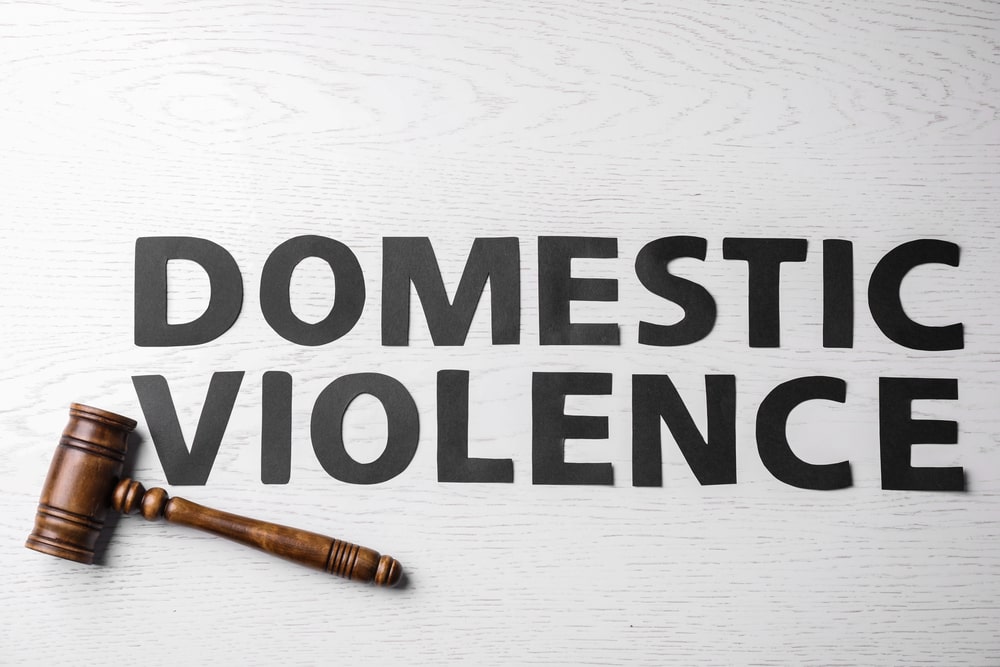
Eviction may seem like the worst case scenario for renters. There is so much misinformation circulating that is quickly spread out of fear. Let us start with the actual definition as according to Miriam Webster’s Dictionary:
-
To recover (property) from a person by legal process
-
To put (a tenant) out by legal process
-
To force out: EXPEL
An eviction is the forceful legal removal of tenants because of an issued notice by the property owner. The terms Unlawful Detainer and Eviction are commonly used to describe the legal process of removing a tenant. Each state or jurisdiction has its terminology for this legal process. It would be advisable to seek legal counsel in your area to advise you of your rights.
Landlords can issue eviction notices for a number of reasons, non-payment of rent, repeated late rent payments, violation of lease or rental guideline, pets not disclosed to the landlord, more individuals residing on the property than disclosed during the application process and in some instances for criminal activity amongst the rental property. An eviction is NOT:
- Your landlord arriving at your front door and telling you to leave ASAP just because
- The forfeiture of your personal belongings
- The “end of the world” for you as a renter
Whatever the circumstances may be, just keep in mind that not all eviction notices actually result in an eviction.
EVICTION / UNLAWFUL DETAINER PROCESS
Let us start by outlining the legal process.
-
NOTICE TO THE TENANT
Notice issued by landlord is the first step. While terminology varies, there are basically three types of notices that you might receive if you have violated the rental/lease agreement:
- Pay Rent or Quit Notices. Typically given to someone who has not paid the rent. These notices give you a few days (three to five in most states) to pay the rent or move out (“quit”). However, it would depend on the type of rental agreement you have, i.e. verbal or documented agreement. It would be best to seek the advice of legal counsel for advisement of your rights or clarification.
- Cure or Quit Notices. Typically given to someone who violates a term or condition of the lease or rental agreement, such as a no-pets clause or the promise to refrain from making excessive noise. Usually, you have a set amount of time in which to correct, or “cure,” the violation.
- Unconditional Quit Notices. These order the tenant to vacate the premises with no chance to pay the rent or correct a lease or rental agreement violation. However each state has their own allowances to proceed with such rigidity.
-
FILING ACTION WITH COURT
Once proper notice is given to the tenant(s) and the tenant(s) have failed to vacate or move out by the specific date the Landlord may file an Unlawful Detainer action with the Court.
-
RESPONSE TIME
Once the tenant has been served personally with the time clock is essentially activated. Generally, tenants/Defendants have only 5 calendar days to respond. The tenant should typically file an Answer with the Court and serve the filed Answer on the Landlord.
-
APPEARING IN COURT
Following the filing of an Answer, either party can request the Court set a date for Trial. Before you walk into the Courthouse be certain to prepare your case. Both parties should make certain they have all their documents and evidence ready to be heard. You will be appearing in front of the Judge so it would be advisable to look your best. Unveil that suit jacket you only wear to family weddings, might as well get some more use out of it.
Once your case is called you will be directed to sit at either the Plaintiff side or the Defendant side. The Judge will instruct the bailiff to take any documents you may have brought and distribute them to the Judge and other party i.e. landlord/tenant. The Judge will review the documents and allow the Plaintiff to present their case followed by the tenant and their defending argument.
-
FAILURE TO FORMALLY DEFEND
If the tenant is served and fails to answer within the set 5 calendar days. The landlord is within their right to pursue further legal action against the tenant by way of Default, Sheriff lock-out, and to once again regain possession and control of said property. It would be advisable to seek the advice of an attorney for exact timeline and proper procedure.
-
LEGAL RIGHTS / DEFENSE
A tenant may decide to they want to fight the eviction, which would increase the amount of time the eviction lawsuit takes. The tenant could have several potential defenses. Or the tenant may elect to vacate the property upon issuance of notice to avoid any further legal action.
-
NEGATIVE IMPACT OF EVICTIONS- CREDIT RATING
In a short and brief answer, an eviction will remain on your credit history for a period of seven years or until it is removed by the party who placed it there.
With an eviction on your record, renting can present itself to be problematic. But it is not impossible to find a comfortable, safe home after an eviction. Some landlords may take other things into consideration when deciding on a proposed tenant. The length of employment, your verifiable source of income, they may ask for a larger amount of security deposit
Whatever your situation may be it is always best to secure the advice of an attorney when possible. WE here at The Sands Law Group are here to assist you in your time of legal need, defense, or intervention.
– THE SANDS LAW GROUP, APLC
ARACELY ORTEZ WHITE, PARALEGAL









